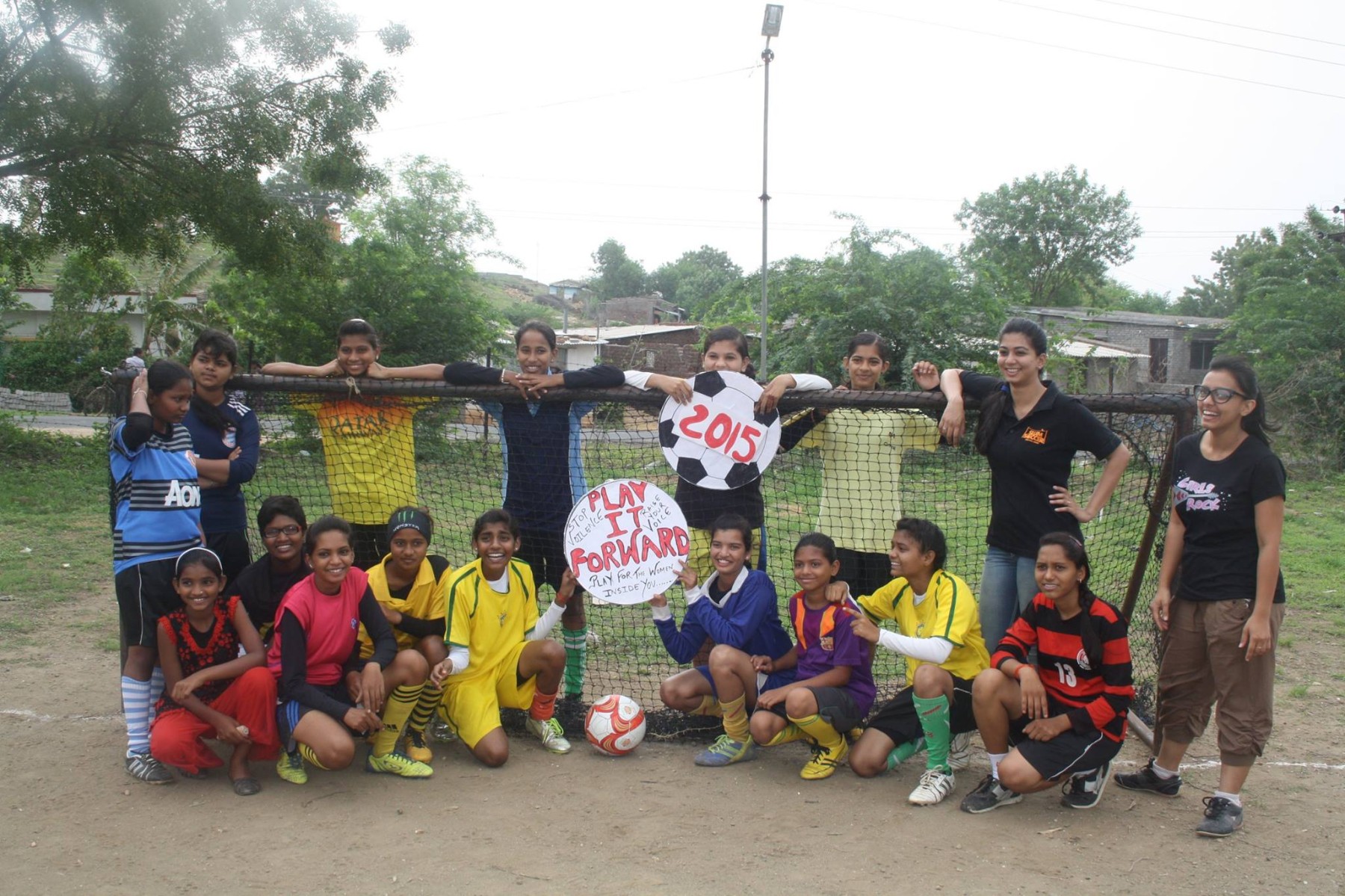We are reviewing sports-based programs used to empower youth.
Thank you to Carol Wical of Brisbane, Australia for forwarding this paper to us.
“More Than a Game”: The Impact of Sport-Based Youth Mentoring Schemes on Developing Resilience toward Violent Extremism
Amelia Johns, Michele Grossman, and Kevin McDonald.
December 2013.
What I took away from this read is:
– team sports requires us all to play by the same rules and therefore bounds our behaviour. This is a great equalizer when bringing together different groups and makes it easier for them to interact.
– physical experiential learning is a strong teaching tool and a valuable complement to top-down learning.
– playing together on a team promotes trust amongst people that have not previously had trust. For example, I pass you the ball and trust you will pass it back to me.
– playing together allows negative stereotypes to be replaced by real-life experiences of people as they share experiences of work, sacrifice, disappointment and success in a team environment.
– sport teaches you discipline in that you have to follow the rules, go to practice and suffer direct consequences if you do not. This specifically can prevent conflict from spilling over into fighting. As such, discipline is a form of conflict-resolution.
– coaches must stick the rules and show their respect for all athletes equally otherwise players pick up on this and they then do not follow the rules.
– participation in sport allows players to grow in their self-confidence to form new relationships and meet new people.
